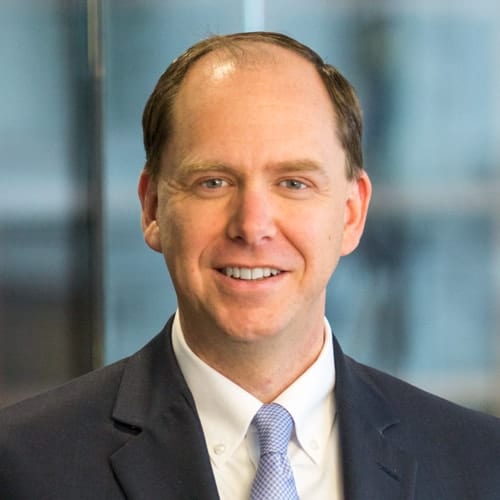Originally published by Newsmax.
The recent Supreme Court decision in Masterpiece Cakeshop v. Colorado Civil Rights Commission has been widely understood to be a narrow one. Not that it was not significant. The 7-2 majority decision roundly condemned the Colorado Civil Rights Commission’s denigration of the religious beliefs of Jack Phillips, the baker in the case who had offered to sell baked goods to all comers but drew the line at creating a wedding cake for a same-sex wedding.
The sense that the decision was narrow was based on the impression that the decision would not have a broad impact on future disputes. If the court’s holding was confined to government actions that openly denigrated religious beliefs, that might be the case, since
Recently, however, the court has taken another action that suggests the Masterpiece Cakeshop decision might not be as narrow as previously believed. It may, in fact, have significance for other situations. On January 25, the court directed the Washington Supreme Court to reconsider a decision in a similar case involving a florist. The florist, who had previously served gay customers, declined to create a wedding flower arrangement for a same-sex wedding for religious reasons. The state aggressively pursued legal action against the florist, Barronelle Stutzman, and the state Supreme Court upheld a lower court ruling that she was guilty of discrimination.
That decision was appealed to the U.S. Supreme Court, which vacated the decision and sent the case back to the Washington Supreme Court to reconsider the case in light of Masterpiece Cakeshop. This gives the florist’s attorneys a chance to demonstrate any denigration of her religious beliefs by the state.
The Washington court should carefully consider this portion of the Masterpiece Cakeshop decision that speculates on the kinds of scenarios where the state might infringe on the religious liberty of a business owner: “A baker’s refusal to attend the wedding to ensure that the cake is cut the right way, or a refusal to put certain religious words or decorations on the cake, or even a refusal to sell a cake that has been baked for the public generally but includes certain religious words or symbols on it are just three examples of possibilities that seem all but endless.” This passage provides important additional guidance because it notes that there are ways in which the state may compel actions that impede religious practice.
The Masterpiece Cakeshop decision could be a first step to a broad recognition that religious and other expression deserves protection against even well-meaning government actions.
More Insights
Related Articles
Ignoring the text of the Constitution is a mistake
A written Constitution is entirely superfluous if the document is simply meant to give the people what they want.
What you need to know about election integrity
It should be easy to vote and hard to cheat. This oft-quoted phrase has been articulated as a guiding principle by many elected officials wading into voting and election policy debates in recent years. So why has this issue been so contentious, and what’s the solution?
How transparent are school districts about curriculum?
Utah districts don’t need to wait for legislation to be transparent – many have sought to be transparent on their own. District leaders interested in this reform can do several things right away.
Connect with Sutherland Institute
Join Our Donor Network
Sed ut perspiciatis unde omnis iste natus error sit voluptatem accusantium doloremque
Follow Us
Sed ut perspiciatis unde omnis iste natus error sit voluptatem accusantium doloremque



